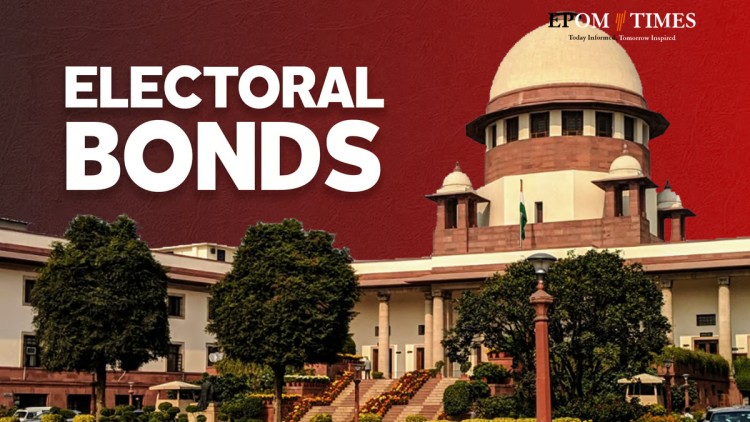The recent verdict by the Indian Supreme Court, declaring the electoral bonds scheme unconstitutional, has sent ripples across the country’s political landscape. The scheme, introduced by the ruling Bharatiya Janata Party (BJP) in 2017, allowed individuals and companies to make anonymous donations to political parties without any limits. The court, headed by Chief Justice D Y Chandrachud, stated that such political contributions provided undue influence over policymaking, leading to its unconstitutional status.
Opposition leaders view the decision as a setback for Prime Minister Narendra Modi’s government, which vehemently defended the funding mechanism in the court. The BJP, however, remains optimistic, asserting that the ruling won’t impact its prospects in the upcoming national elections expected between March and May.
Electoral bonds, sold by the State Bank of India (SBI) under the scheme, witnessed transactions totaling $20.3 billion, with the BJP receiving nearly 55% of these contributions. The court’s directive not only declared the scheme unconstitutional but also mandated the SBI to stop issuing bonds, disclose buyer identities, and provide information on redeemed bonds for each political party. This information will be made public on the Election Commission of India’s website.
The potential release of this information has significant implications, offering nearly one billion Indian voters insight into previously secretive donations made since 2017. The ruling is seen as a victory for transparency advocates, emphasizing the importance of people’s right to know in a democracy.
Anjali Bhardwaj, co-convener of the National Campaign for People’s Right to Information, highlighted the significance of the judgment in upholding transparency in political party funding. She emphasized that electoral bonds had facilitated an unlimited flow of anonymous ‘black money’ to political parties, serving as a source of corruption in Indian politics.
The Communist Party of India (Marxist) (CPI(M)), one of the petitioners against electoral bonds, views the judgment as a call-out of the government’s legalization of political corruption. Brinda Karat, a senior CPI(M) leader, argued that the BJP would now be accountable to the public for the funds received from corporates and the policies formulated in return.
Pramod Tiwari, a Congress party MP, hailed the court’s verdict as a milestone, exposing violations of the Indian constitution by the BJP. Tiwari accused the government of employing legislative powers to facilitate the inflow of black money into political funding. The judgment, according to Tiwari, serves as a significant blow to the BJP, potentially affecting its chances in the upcoming elections.
While the BJP downplays the impact of the court order, critics argue that the ruling party received substantial amounts of money through electoral bonds, influencing the 2019 national election. The scrapping of the electoral bonds scheme is perceived as a move towards holding the BJP accountable for its financial dealings with corporates.
As political parties await the release of donor information and the potential consequences on the upcoming elections, the judgment is considered a pivotal moment in Indian politics, prompting discussions about transparency, accountability, and the influence of financial contributions on the democratic process.



